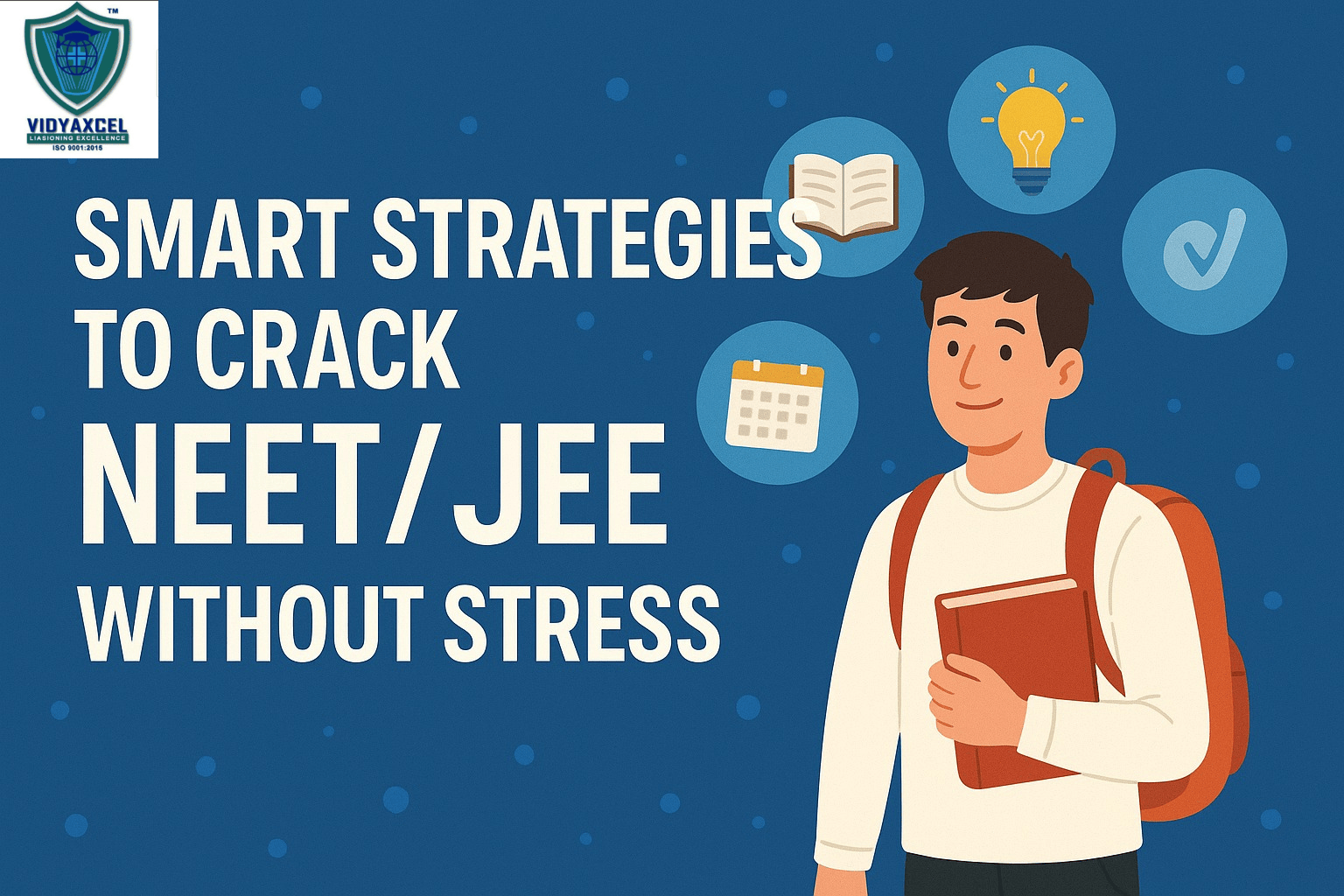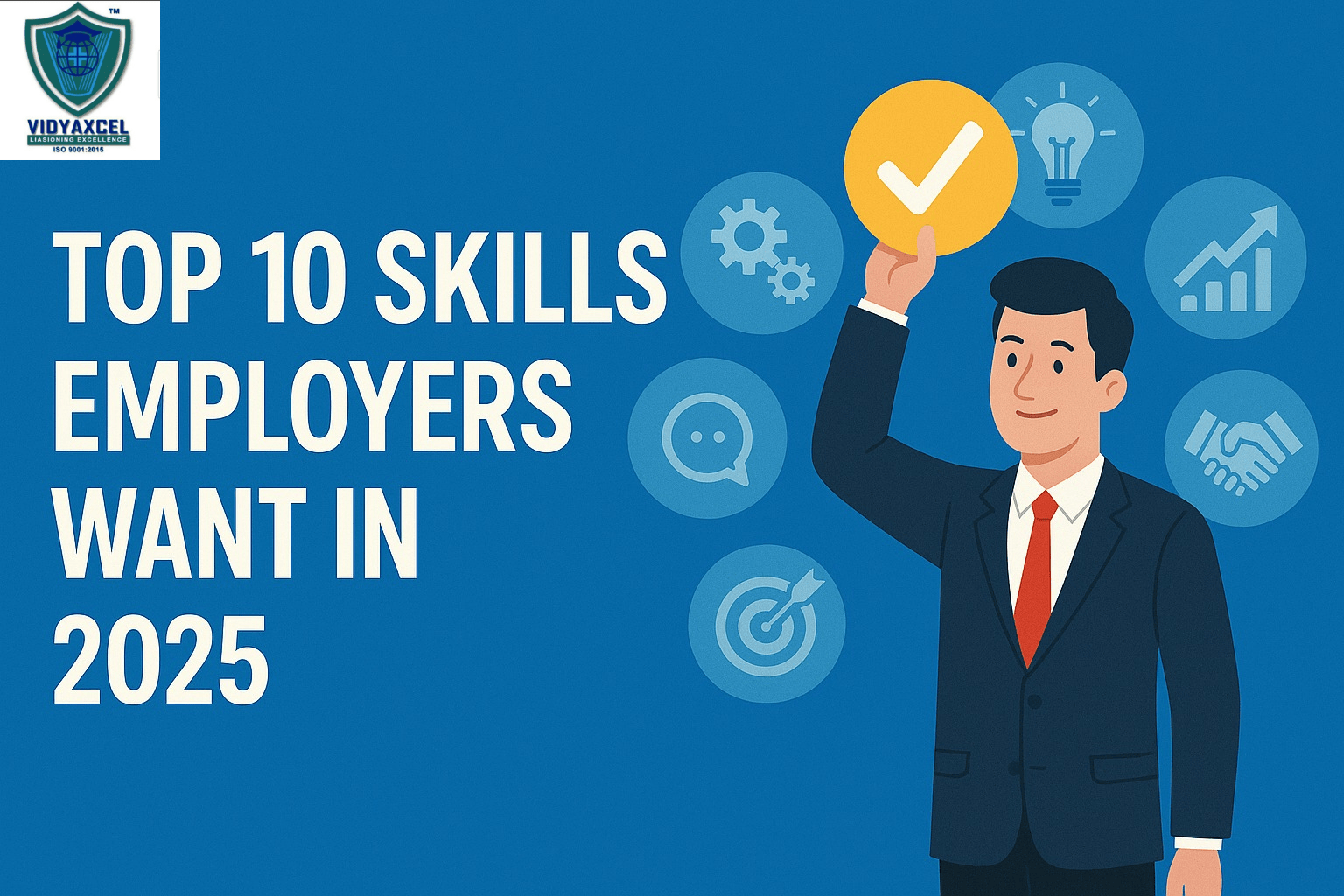Blog Details

12Jul
What to Do If You're Confused About Your Career
Career confusion is a common experience faced by students, recent graduates, and even working professionals. In a fast-changing world of work, the traditional career paths are evolving, and new roles are emerging every day. Add to that societal expectations, peer pressure, family influence, and self-doubt—it's no surprise that many feel lost when it comes to making career decisions.
1. Acknowledge the Confusion
Why It Matters: Denial can prolong indecision. The first step to solving a problem is accepting that it exists.
Action Plan:
-
Accept that confusion is normal and part of growth.
-
Write down what’s bothering you—fear of failure, lack of interest, too many choices.
-
Talk to someone you trust.
2. Self-Assessment and Reflection
Why It Matters: Understanding your strengths, values, and interests is crucial before making decisions.
Action Plan:
-
Take psychometric tests (e.g., MBTI, Holland Code, StrengthsFinder).
-
Reflect on what activities energize or drain you.
-
Make a list of skills you enjoy using and topics that excite you.
3. Explore Your Passions and Interests
Why It Matters: Following your passion can lead to a fulfilling career—if aligned with market demand.
Action Plan:
-
List hobbies, topics, or causes that genuinely interest you.
-
Explore career paths related to those interests using platforms like LinkedIn, CareerExplorer, and Coursera.
-
Read biographies or watch interviews of professionals in those fields.
4. Evaluate Your Skills and Qualifications
Why It Matters: Your existing education and experience may already point toward viable options.
Action Plan:
-
Make a detailed skill inventory (technical, soft, transferable).
-
Compare them with required skills in industries you’re curious about.
-
Identify gaps and plan how to bridge them (certifications, internships, etc.).
5. Seek Career Guidance and Mentorship
Why It Matters: Speaking with those who have navigated similar confusion can provide direction.
Action Plan:
-
Connect with alumni, career coaches, and counselors.
-
Join professional communities on LinkedIn, Reddit, or Discord.
-
Attend webinars and career counseling sessions.
6. Research Career Options Thoroughly
Why It Matters: You can't choose wisely unless you know what’s available.
Action Plan:
-
Explore various sectors: corporate, government, entrepreneurship, academia, freelancing.
-
Consider alternative and emerging careers like UX design, data science, sustainability, content strategy.
-
Compare salary ranges, growth potential, lifestyle, and required education.
7. Experiment Through Internships and Projects
Why It Matters: You learn best by doing. Trying different fields helps you test your fit.
Action Plan:
-
Apply for internships, part-time jobs, or freelance gigs.
-
Volunteer for NGOs or start a passion project.
-
Reflect on your experience: What did you enjoy? What didn’t you?
8. Consider Work-Life Balance and Lifestyle Fit
Why It Matters: A high-paying job that doesn’t suit your lifestyle can lead to dissatisfaction.
Action Plan:
-
Decide your non-negotiables: flexible hours, travel, job stability.
-
Evaluate if your desired field supports those values.
-
Read work culture reviews on sites like Glassdoor or TeamBlind.
9. Learn Continuously
Why It Matters: New skills can open doors and increase your confidence.
Action Plan:
-
Join free or affordable platforms like Coursera, edX, or Skillshare.
-
Stay updated on industry trends through newsletters, YouTube channels, and podcasts.
-
Join local workshops, events, and online courses.
10. Set Small, Achievable Goals
Why It Matters: Overwhelm often results from focusing only on the “big picture.”
Action Plan:
-
Break goals into weekly/monthly targets.
-
Celebrate progress, even if it’s small.
-
Keep a journal or digital tracker to stay motivated.
11. Don’t Let Fear Drive Decisions
Why It Matters: Choosing a ‘safe’ path due to fear often leads to regret.
Action Plan:
-
Identify your fears and challenge them (e.g., fear of failure, judgment).
-
Practice visualizing positive outcomes.
-
Remind yourself that no decision is permanent—you can pivot later.
12. Take Career Breaks Mindfully
Why It Matters: A short pause can offer clarity and prevent burnout.
Action Plan:
-
Use time to upskill, travel, or explore new interests.
-
Avoid aimlessness—set a timeline for reassessment.
-
Document learnings and experiences to use in future interviews.
13. Stay Open to Non-Linear Paths
Why It Matters: Most successful careers aren’t straight lines—they zigzag.
Action Plan:
-
Embrace lateral moves that offer new learning.
-
Be open to hybrid roles (e.g., tech + art, finance + psychology).
-
Stop comparing your path to others’ timelines.
14. Evaluate Job Market and Future Trends
Why It Matters: Career decisions must also be informed by demand and sustainability.
Action Plan:
-
Read labor reports and trend analyses (e.g., World Economic Forum, LinkedIn).
-
Use job portals to see demand for your shortlisted roles.
-
Choose fields with growth potential and adaptability.
15. Trust the Process
Why It Matters: Clarity takes time. Rushing can lead to regret.
Action Plan:
-
Accept that confusion doesn’t mean failure.
-
Commit to learning and growing.
-
Surround yourself with a support system—family, mentors, friends.
Conclusion
Being confused about your career is not a weakness—it’s an opportunity to understand yourself better and make conscious, well-informed choices. Through self-awareness, experimentation, and strategic action, you can transition from confusion to clarity and build a meaningful and successful career. Remember: Every step you take, even the smallest one, is progress. You are not behind—you are on your own unique path.
FAQ's
Q1: Is it normal to be confused about my career even after college?
A: Yes, many graduates feel uncertain. The job market, personal growth, and new opportunities can shift your direction—and that’s okay.
Q2: Should I follow my passion or a high-paying job?
A: Ideally, find a balance. Pursue something you enjoy that also has sustainable market demand. Passions can also be built over time.
Q3: What tools can help me figure out the right career?
A: Career assessment tests, informational interviews, career counseling, job shadowing, and internships are all helpful tools.
Q4: How long does it take to figure out a career path?
A: There’s no set timeline. Some find clarity in months, others after years. Focus on learning and growth rather than rushing.
Q5: Can I change my career later if I make the wrong choice now?
A: Absolutely. Career shifts are common. With transferable skills and lifelong learning, switching paths is entirely possible and often beneficial.
Our Office: West Bengal, Maharashtra & Delhi.
For More Infomation about admission in Medical, Engineering, Management & Study in Overseas Details.
View Current Study Overseas, Medical, Engineering & Management Admission Details Video.




